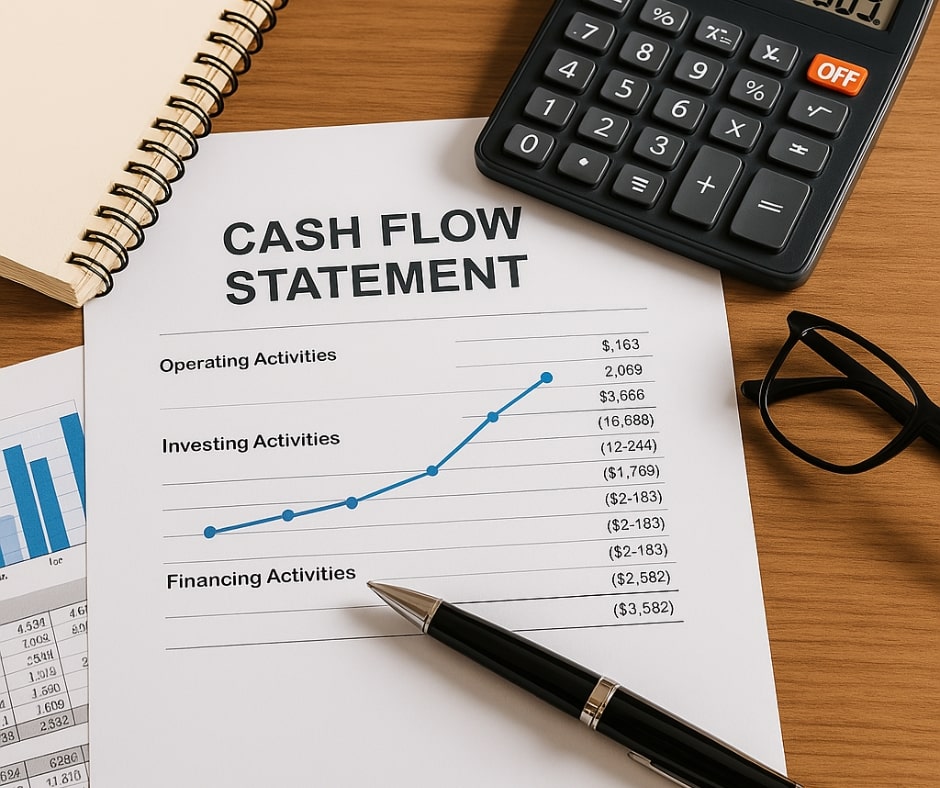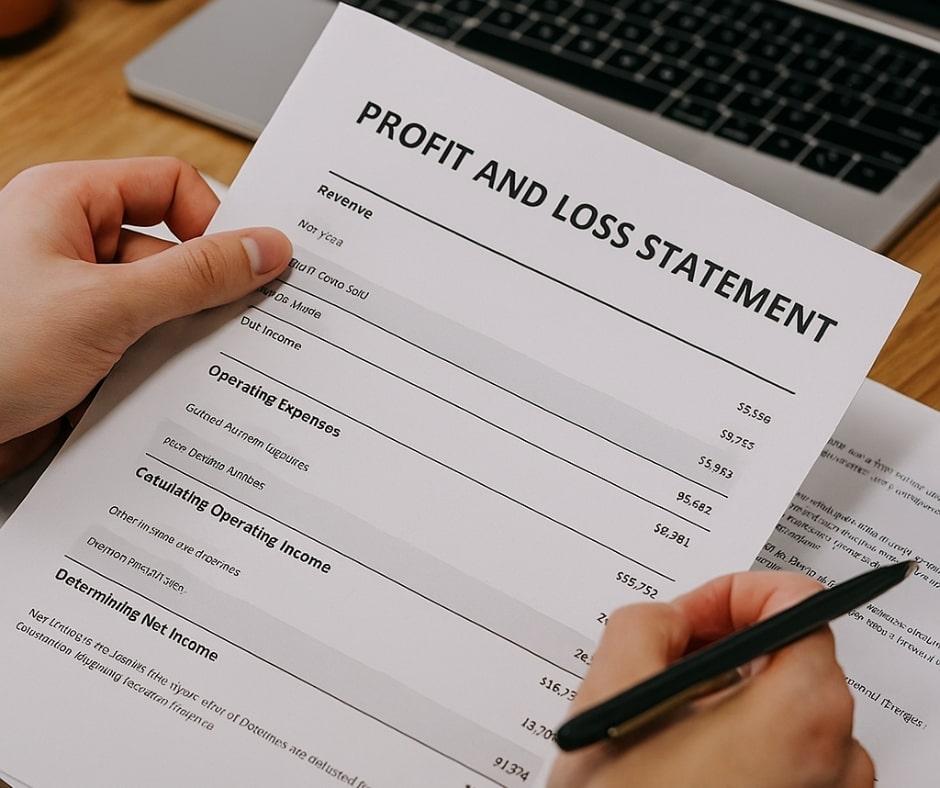Financial audits can feel intimidating—especially if you’re unprepared. However, knowing how to prepare-financial-audit procedures thoroughly gives you the upper hand and reduces stress significantly. Whether it’s your first audit or one of many, preparation plays a critical role in how smoothly the process goes and what insights you gain from it. In this expanded guide, you’ll learn how to prepare step-by-step while turning the audit into an opportunity to strengthen your business operations.
1. Preparation: Set the Foundation Early
Preparation begins well before the auditor arrives. Start by reviewing past audit experiences (if any) to understand what worked and what didn’t. Set a timeline for audit readiness, and designate someone on your team to oversee the process. Additionally, ensure your accounting system is updated and reconciled. Investing time upfront in preparation reduces the risk of last-minute scrambling and costly errors. Schedule internal check-ins to track your audit readiness progress.
2. Understanding the Audit Scope: Know What’s Being Evaluated
Not all audits are created equal. Is this a financial statement audit, an IRS audit, or an internal compliance check? Knowing the audit’s objective helps you tailor your preparation. For example, external audits often require a deeper review of financial statements, while internal audits might focus more on policy compliance. Ask the auditors for a checklist or scope document. This document is your roadmap, helping you prioritize what’s most important and preventing wasted effort.
3. Gathering Relevant Documents: Assemble Everything You’ll Need
This is where many businesses get stuck. Begin with core financial reports like your income statement, balance sheet, and cash flow statement. Then, collect supporting documentation such as invoices, receipts, payroll records, loan agreements, bank statements, and tax filings. If you maintain digital records, verify that file names are clear and folders are organized by year and document type. Use a secure cloud platform with shared access if the auditor needs remote access.
Pro Tip: Start a digital “Audit Folder” every year—even if no audit is planned. This proactive habit streamlines future preparations.
4. Reviewing Financial Statements: Double-Check for Accuracy
Before auditors review your books, take the time to review them yourself. Look for inconsistencies, unexplained variances, or missing entries. Reconcile all accounts—including bank, credit card, payroll, and loans—so balances match. You should also check for outdated entries and close any open items that don’t need to remain on the books. Clean, reconciled statements speed up the process and reduce follow-up questions from auditors.
Bonus Insight: Review your General Ledger for misclassifications. A fresh set of eyes—either from a peer or consultant—can help here.
5. Organizing Records: Create an Efficient Filing System
A successful prepare-financial-audit process depends heavily on how organized your documentation is. Organize your records into categories like Revenue, Expenses, Payroll, Taxes, and Fixed Assets. Within each category, order documents chronologically. Use standardized naming conventions and tags if you’re going digital. This isn’t just for the auditor—it also helps you gain deeper insights into your own business.
If you’re relying on physical records, use binders with color-coded tabs. For digital systems, invest in bookkeeping software that allows tagging and search functionality.
6. Addressing Red Flags: Identify and Resolve Issues Early
Auditors are trained to spot irregularities, so beat them to it. Review past audits to see what red flags came up. Common red flags include:
- Excessive or unusual expense reimbursements
- Missing receipts for cash transactions
- Unusually high write-offs or adjustments
- Large discrepancies between budgeted vs. actual expenses
Document your explanations clearly. If something is legitimate but unusual, include a memo or internal note explaining why. Transparency can make the difference between a smooth audit and one full of complications.
7. Cooperating with Auditors: Maintain a Professional, Helpful Demeanor
The audit process should be collaborative, not adversarial. Treat your auditor as a partner in accuracy and improvement. Designate a single point of contact to answer questions and provide documents to avoid confusion. Set expectations for response time and maintain a tone of mutual respect. Delays or missing documents can raise unnecessary concerns—even if there’s no wrongdoing.
Quick Tip: Keep a record of all auditor requests and how you responded. This becomes your audit trail, useful for internal improvement and future audits.
8. Internal Review: Run a Mock Audit
One of the best practices you can adopt is to conduct an internal review before the official audit. Have your internal team—or a third-party consultant—conduct a mock audit based on the expected scope. This internal review allows you to catch issues in a low-pressure setting. You can also test your internal controls and policies to see if they hold up under scrutiny.
Extra Benefit: A mock audit gives your team confidence. When staff knows what to expect, they’re more prepared to support the audit efficiently.
9. Consulting Professionals: Get Expert Advice When Needed
If the audit scope is complex or your books haven’t been maintained perfectly, don’t hesitate to bring in help. CPAs, tax advisors, and former auditors can provide perspective that internal staff might miss. Consultants can also coach you on how to communicate with auditors, what documents to prioritize, and what language to use in explanations.
Think of these professionals as navigators—they don’t just help you avoid trouble, they help you move through the audit with efficiency and clarity.
10. Finalizing Findings: Learn and Improve Post-Audit
The end of the audit is actually the beginning of something important—improvement. Review the audit findings in detail and create an internal action plan. Highlight what went well and where improvements are needed. Schedule a debrief meeting with your team to review lessons learned. If there are serious deficiencies or compliance concerns, assign follow-up tasks immediately.
Remember: Every audit is a learning experience. When you treat it that way, your business only gets stronger with each review.
✅ Conclusion
Preparing for a financial audit doesn’t have to be a painful process. With the right mindset, tools, and preparation, it can be a powerful opportunity to strengthen your business’s financial health. Follow the steps in this prepare-financial-audit guide to gain confidence, improve your processes, and build a reputation for financial transparency and accuracy.
Let the audit work for you—not against you.












